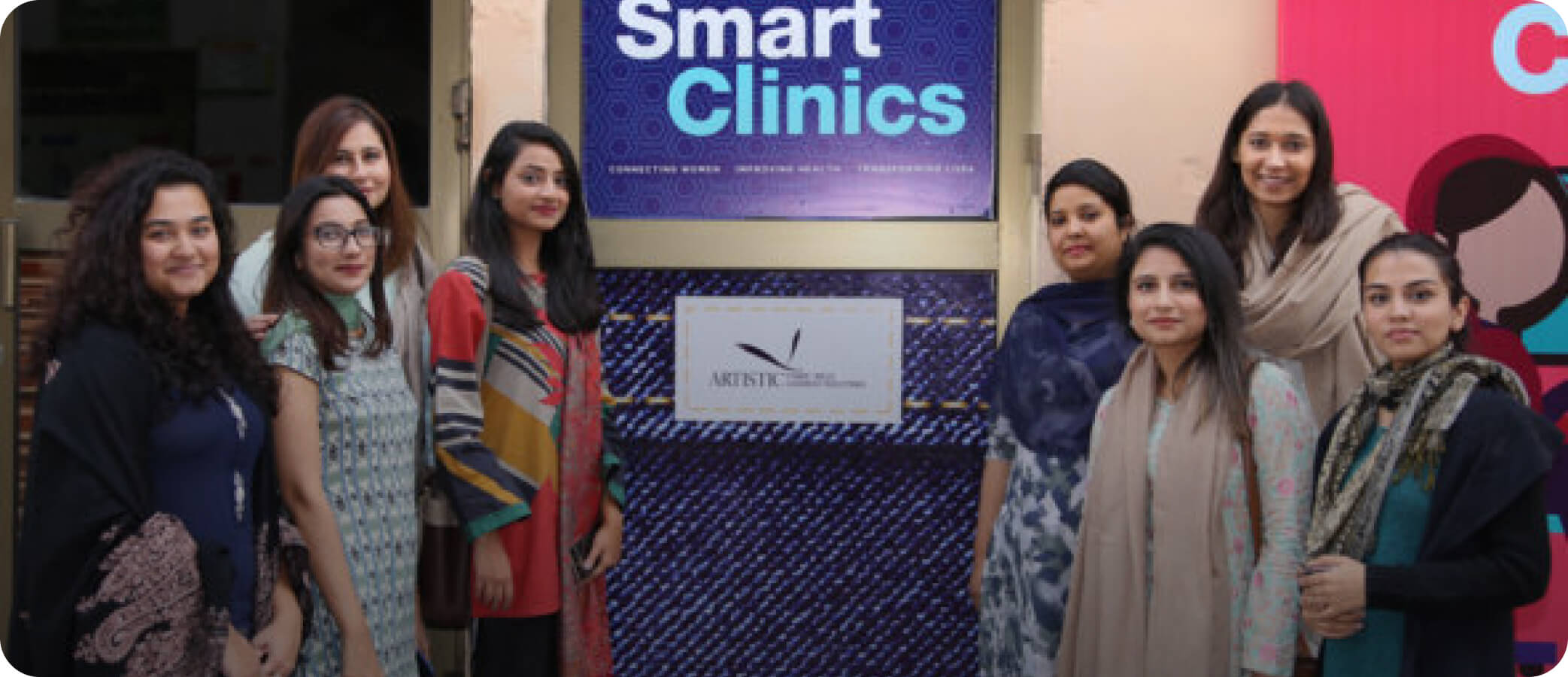
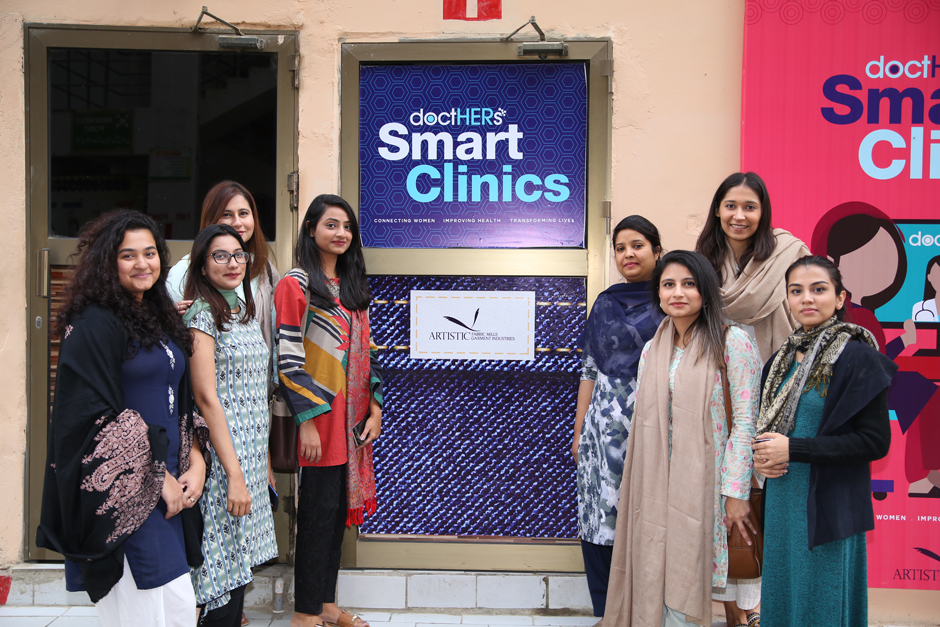
AGI Denim is proud to unveil our collaboration with digital healthcare platform doctHERs at our garment factory.
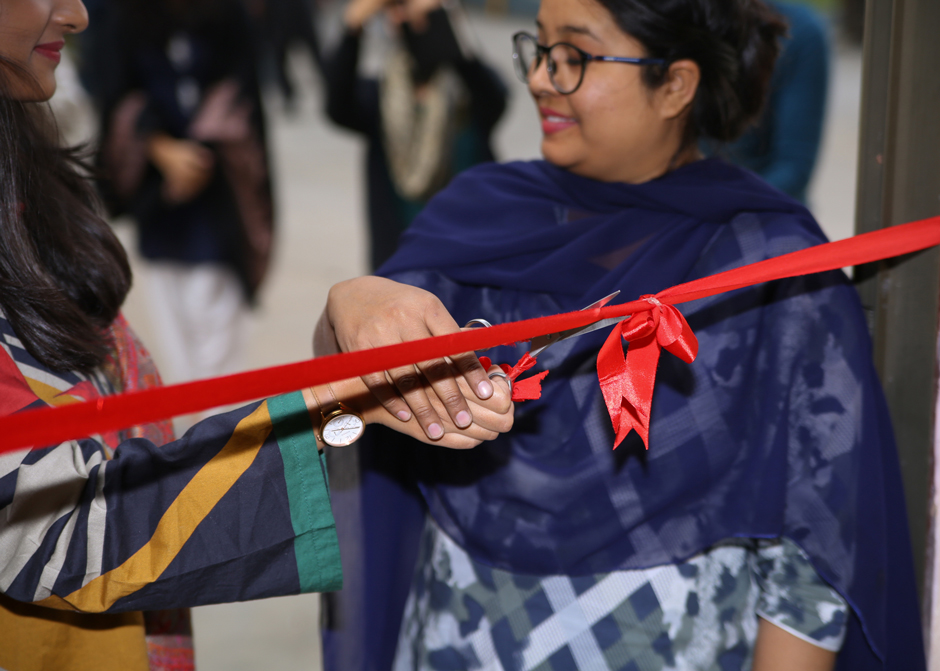
The unique healthcare platform, doctHERs connects female doctors to health consumers in real-time while leveraging online technology. In Pakistan, 85% of all medical school graduates are women, but unfortunately only 25% of these women go onto practice medicine, due to socio-cultural barriers such as marriage and transport issues. On the health consumer side, 85% of Pakistanis lack affordable health care, and for many women, finding a doctor means long commutes, lost daily wages, and long waiting times, for mediocre health care.
According to doctHERs, 65000+ women are excluded from the workforce due to a rigid health system that has not adapted to their agile work-life needs.
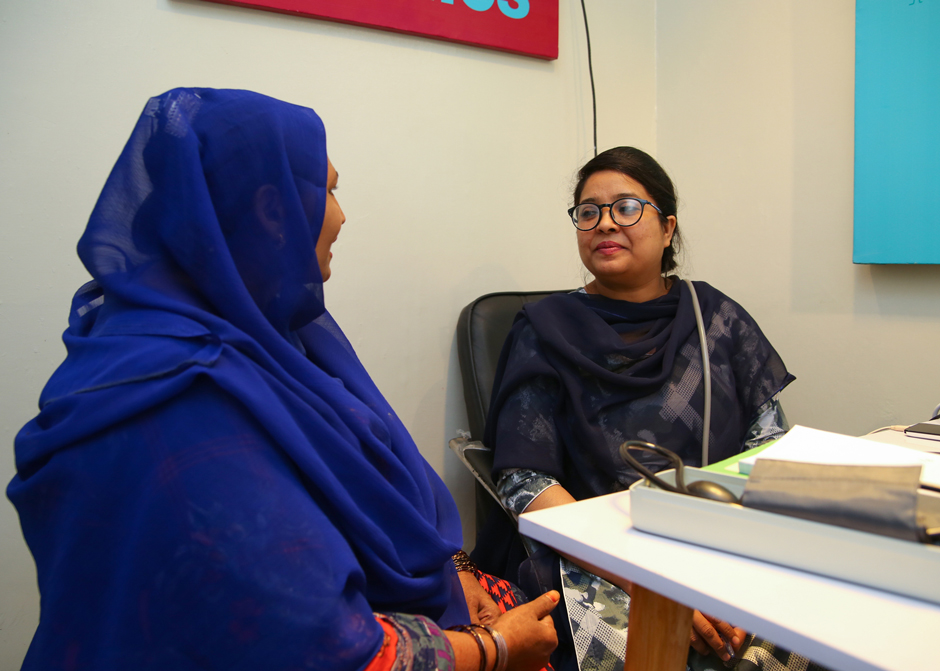
At the heart of it, doctHERs matches the underutilized capacity of female doctors to the unmet healthcare needs of female factory workers, with the help of trusted intermediaries such as underemployed community nurses, who connect these women using technology such as telemedicine.

These nurses are equipped, capacitated and deployed in factories, clinics and corporate offices—offering our factory team access to a doctor and checkup using technology such as telemedicine. At the AGI Denim factory premises, female team members can be triaged inside the clinic by an on-site nurse and can also be connected to remotely located GPs and specialists via technology.
Nurses are trained to conduct sophisticated diagnostic and interventional procedures such as Ultrasound, so workers have convenient and timely access to primary and secondary care without having to set foot off the premises.
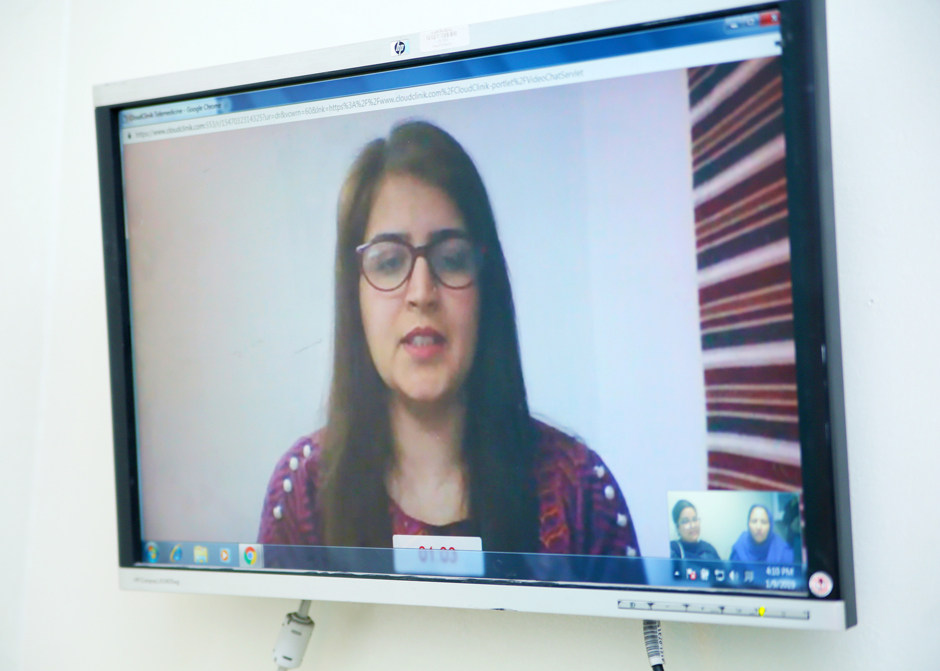
The 2.0 Clinics are AI enabled, and through Predictive Learning and big data are able to help predict and prevent diseases before they happen, and also facilitate factory teams to optimize operations to boost productivity and employee wellbeing.
AGI Denim applauds doctHERs and their urgent and vital mandate to connect female doctors to factory workers, offering high quality, tech enabled healthcare on-site, and addressing two market failures: access to quality healthcare for underserved communities and inclusive employment for women, making for happier, brighter communities.




